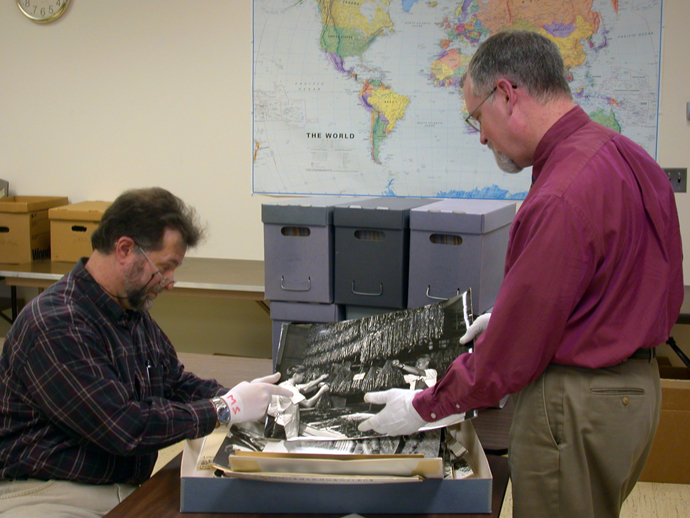Key Points:
- Church archivists worry that congregations disaffiliating from The United Methodist Church will fail to make arrangements to preserve the papers that tell their story.
- Records maintained by the denomination are accessible to anybody, not just United Methodists.
- Also of concern are steep cuts in archive budgets in some annual conferences.
On Nov. 22, 1963, the day President Kennedy was assassinated in Dallas, the doors of First Methodist Church in the suburb of Richardson, Texas, were kept open all day long for people to pray and seek comfort.
“(The Rev.) Bob Middlebrooks insisted that the chapel be left open on that afternoon after it happened,” said Frances Long, the archivist for what is now First United Methodist Church Richardson and historian for the South Central Jurisdiction.
It would be a shame for such an interesting nugget of information to get lost as time goes by.
“People want to know and hear stories of support and concern from a church sometimes, but it's up to the people who love history to make sure that happens,” Long added.
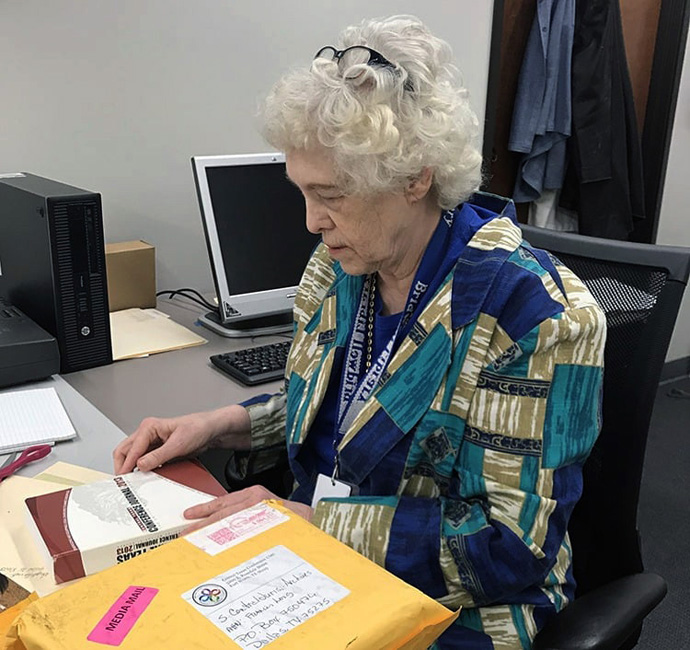
The loss of some United Methodist history is quite possible if care isn’t taken as some congregations move toward disaffiliation. That’s why Long and other archivists including Ashley Boggan, top executive of the United Methodist Commission on Archives and History, are trying to get the word out.
“We have to have those local church records preserved in order to hold our future selves accountable to this moment, in order to tell this story correctly, for historians 100 years from now,” Boggan said.
Preserving the archives of disaffiliating churches “is a very important thing to do,” said the Rev. Ted A. Campbell, the Albert C. Outler Professor of Wesley Studies at Perkins School of Theology at Southern Methodist University.
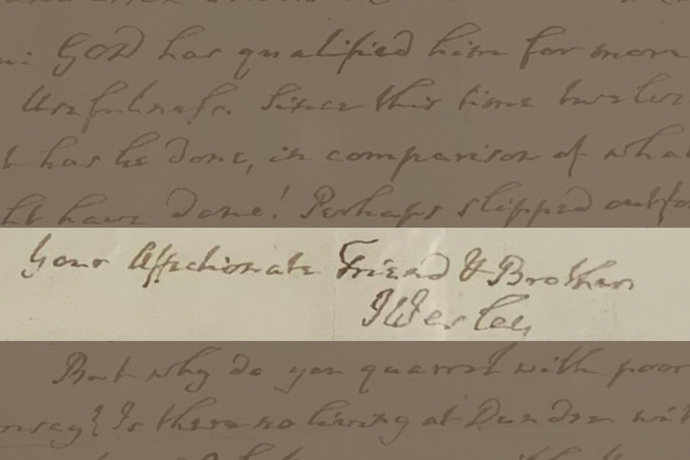
“When there's a disaffiliating church, families and others concerned with the history of that church need to know about their records,” Campbell said. “And we as United Methodists who are not disaffiliating, we need to at least take responsibility for our history … up until the point of disaffiliation.
“That's part of our history as well.”
After decades of internal division about the role of LGBTQ people in church life, more than 2,000 United Methodist churches in the U.S. have been approved by their annual conferences to disaffiliate. That’s about 6.6% of U.S. congregations withdrawing since 2019 when the church’s disaffiliation provision took effect.
How to help
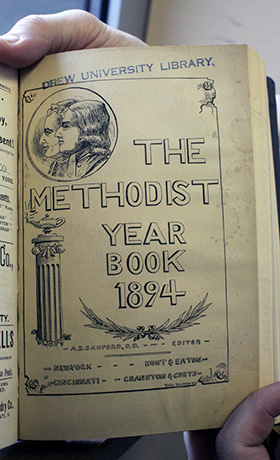
The Texas (294) and North Carolina (249) conferences have approved the most so far, and more are expected with at least 20 annual conferences scheduling special sessions in 2023 to deal mainly with church disaffiliations.
Some of the disaffiliating churches have indicated they will join the Global Methodist Church. The traditionalist denomination, which launched last year, is recruiting United Methodist churches who support bans on same-sex weddings and “self-avowed practicing” gay clergy.
Campbell said there is no reason for churches planning to join the Global Methodist Church to be leery of the request from The United Methodist Church to preserve documents.
“(Church records) absolutely should be with both (denominations),” Campbell said. “We want the records everywhere they can be, but by our claim as The United Methodist Church, we want the records — or at least a copy of the records.”
Long said she is open to helping Global Methodist and independent churches that disaffiliate in her area set up their own archives.
“That's one of the nice things about archives,” Long said. “We have cooperative relationships with both Wesleyan and Methodist archives and other denominations’ archives. … We have to think creatively about how we do archives in a world that's experiencing this digital transformation — how are we staying up to speed?”
The United Methodist archives are not just for people with the denomination, Boggan said.
“Our denominational repository on the campus of Drew University is open,” she said. “You don't have to be United Methodist to come and look at our records. The same goes at the annual conference and jurisdictional levels.”
Some archives may be less convenient to access because they are volunteer-staffed and open just one or two days a week, Boggan said.
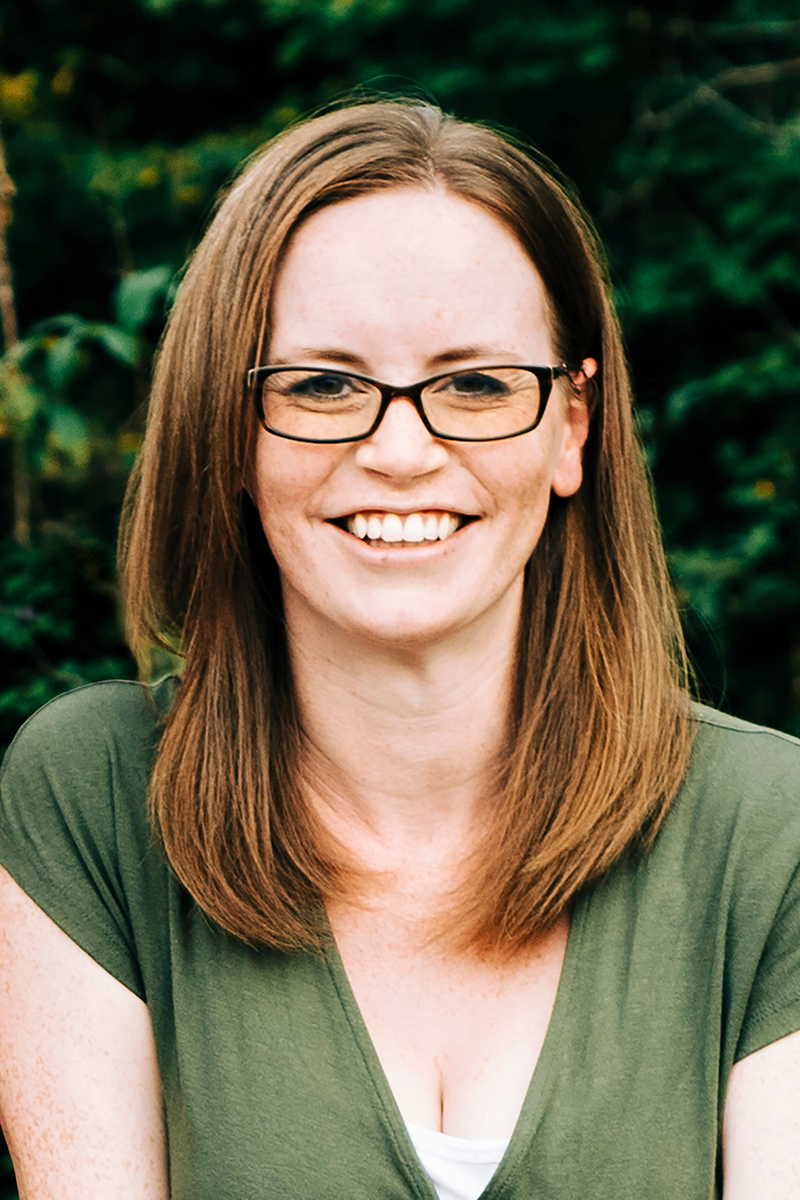
Long said that not every document in a church’s file cabinet needs to be archived.
“Our folks don’t need the journals or the disciplines or even the financial records,” she said. “We want basically their administrative board minutes or trustee’s minutes, everything that retains what the church has done for the last 20, 30, 50 years.”
Of course, church historians and genealogists frequent the archives, but they are not the only ones, Long said.
“Oh my gosh, the records in the archives are researched by people far and near,” she said. “Overall, the people who are most interested in the church records are people who want to write histories about their family's involvement in the church.
“They want to tell their story.”
Boggan also is focused on advocating that conferences continue to support their church archives financially. Those archives are funded through their conferences, not her agency.
“Across the board, what we've seen in the last year, year-and-a-half, the annual conferences are trying to save money,” Boggan said. “We've seen conferences go from $20,000 a year to support their archives down to $500,” while a few conferences have cut their archiving budgets entirely.
“There is quite a concern as to how they'll keep preserving their records if they don't have a budget for it,” she said. “You do have a lot of wonderful volunteers out there.”
Jim Patterson is a UM News reporter in Nashville, Tennessee. Contact him at 615-742-5470 or newsdesk@umcom.org. To read more United Methodist news, subscribe to the free Daily or Weekly Digests.
